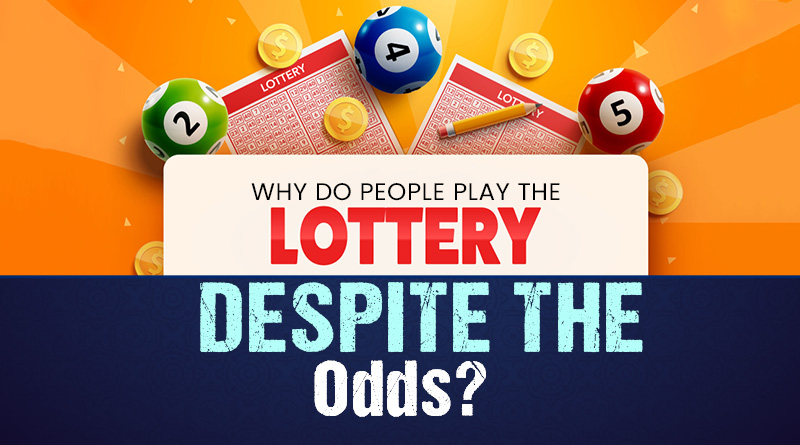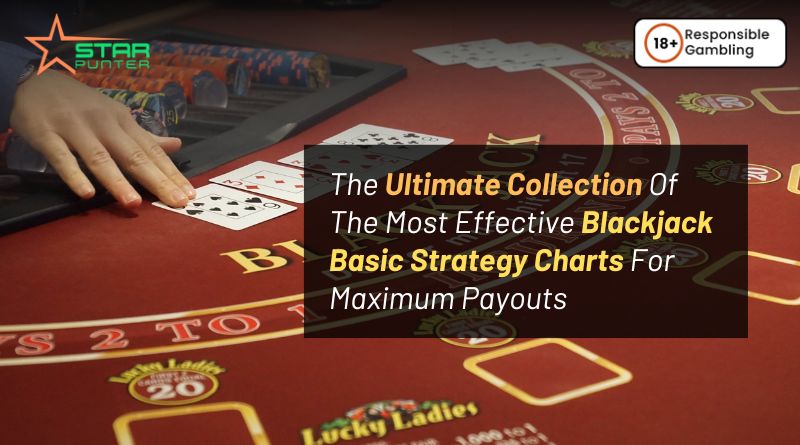Betting is one of those games few things are mandatory to have in a player– skill, focus, and patience. This game is quite unpredictable. The outcome could change at any time. Our minds have a tendency to make emotional decisions. This could lead to decision-making abilities. As a result, it is critical to comprehend the role of cognitive bias. It will help you to build a betting mentality. Let’s understand the cognitive biases to understand the betting wisdom on a new profound level with Starpunter.
What is Cognitive Biases?
Cognitive Biases are a tendency to think in a way that is not more rational or objective. It is also called simply bias. Biases are importantly referred to as punting traps. It is important to know that they are based on irrational decisions. If you know that they exist, it is a good sign to stop future results and poor decisions. In the long term, if you remain objective and with rational thinking, then you can save so much money and even make a handsome amount of money. After understanding the cognitive biases, let’s move into the world of Betting mentality.
Betting Mentality
Let’s introduce the Gambler’s Fallacy, it is a well-known bias. In simple terms, when a player feels in between a bad run– he has to make one more attempt to stop his or her bad run in the game. Here, the player keeps on playing until he wins to overcome his losses. Sometimes, there are some losses we need to cover that’s why we keep on playing and even sometimes we have no intention to play in the first place. The nature of punting graphs keeps on changing. However, it sometimes goes up, and sometimes it goes down depending on the result. So, he keeps on constantly playing and this will lead to multiple games that can cause more money losses.
Betting Mentality: Recency Bias
The term used for Recency Bias is “available heuristic.” This is a tendency when we weigh recent events while making a decision. It is a mental shortcut (heuristic). Let’s understand the multiple examples of such traps in punting. Here are some:
- You make a wise decision not to bet, but it wins… the dreaded missed winner! You make a bad bet and it wins, so you make the same bad decision the next time and back it.
- When you’re winning a lot and you think that when you bet, you win, you spend more money on more bets (rather than the right amount on value bets) when you’re on a winning streak.
- You notice a specific trait in a recent winner and decide that it is an important factor in selecting future winners.
- Spending more money on winning tips
- On a losing streak, you stop following tips.
The Hindsight Bias in Betting
Hindsight bias refers to the tendency to perceive past outcomes as predictable when they were completely random. It’s the notion that we “knew all along” when there was no way of knowing. The issue with this bias is that we may assign specific causes to random events, creating false information in our minds. When analyzing results, ensure that the causes you assign to them are known. Some outcomes are simply due to random chance, and we must accept that. We will discuss risk aversion, hyperbolic discounting, the illusion of control, commitment bias, normal bias, and avoiding the traps in the second and final installment of betting biases.
Also Read: Bet Like a Pro: Grasping the Nuances of Different Bets












